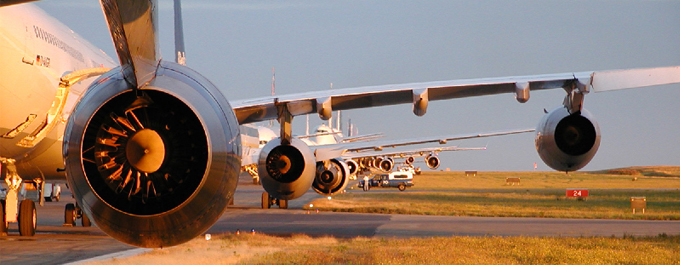One of Europe’s largest airlines, EasyJet, announced on Wednesday that it is aiming to begin service with electric-powered airplanes within the next decade. EasyJet will be collaborating with an aviation startup called Wright Electric to make this vision a reality.
The companies have ambitious goals: they want to build airplanes with room for 120 and 220 passengers and a range of 335 miles. That’s so ambitious, in fact, that I was a little skeptical that anyone should take it seriously.
The fundamental problem is a matter of physics: the energy density of jet fuel is way, way higher than the energy density of batteries. As a result, while a conventional airplane can travel thousands of miles before refueling, electric airplanes can only travel a fraction of that distance before they run out of juice.
Yet there’s significant room for improvement in electric airplane technology, argued NASA scientist Sean Clarke in a Thursday email to Ars.
«Electric propulsion systems may be relevant in the marketplace sooner than you might expect, because they can be much more efficient,» Clarke told Ars.
Not only is battery performance steadily improving, Clarke argues, but there are ways to improve the performance of electric motors and thereby squeeze more range out of existing battery technology…



